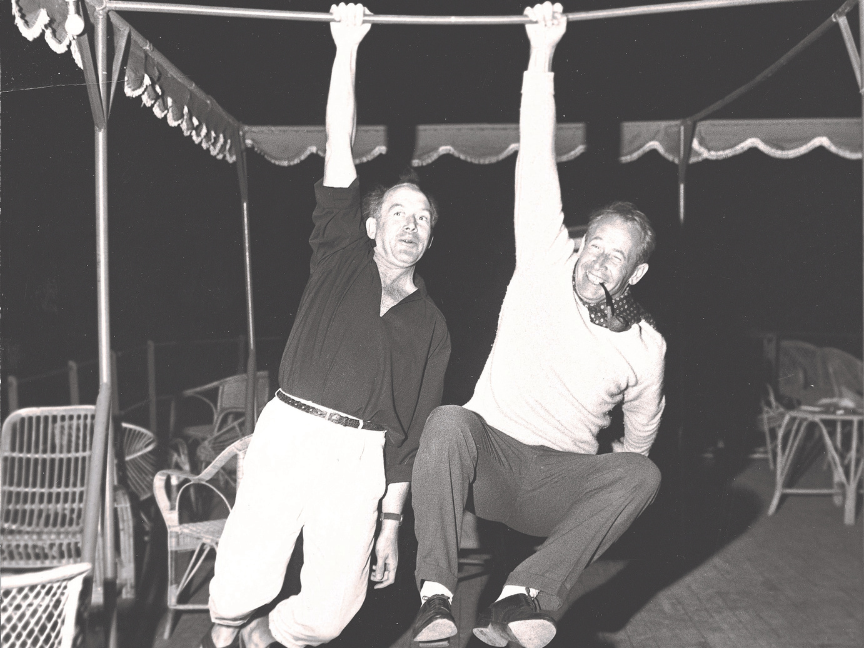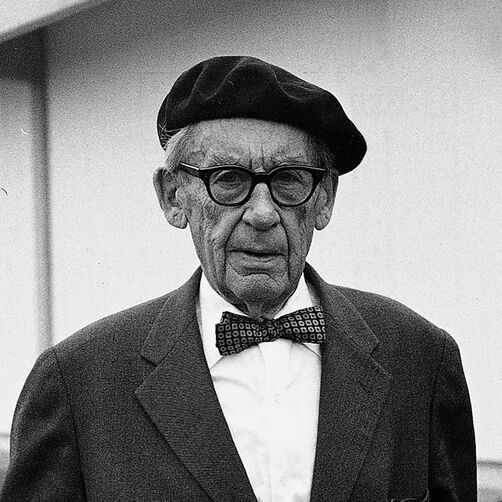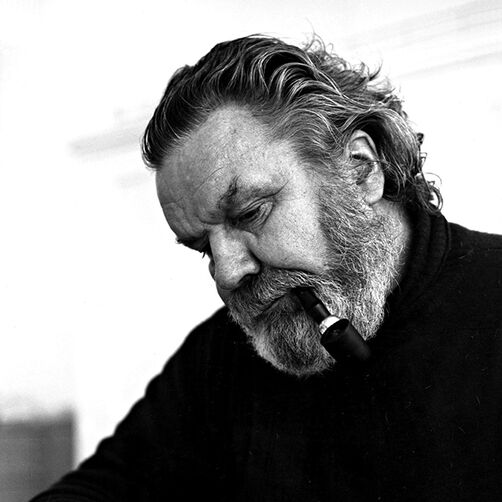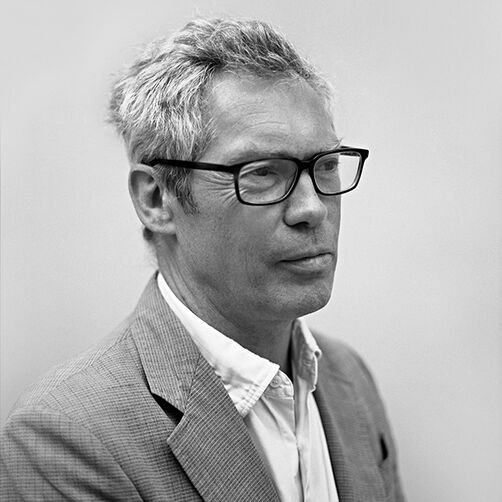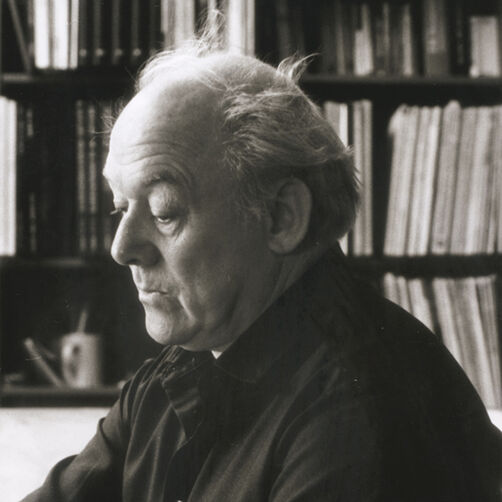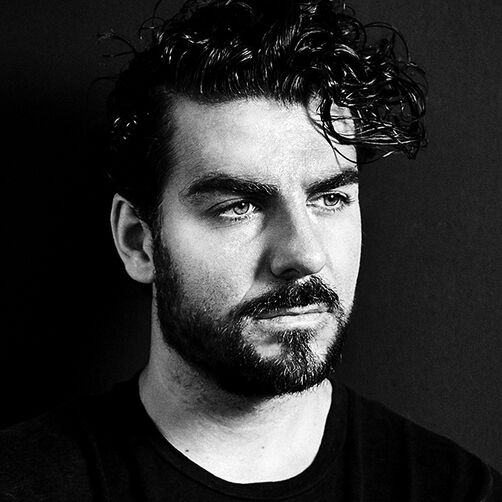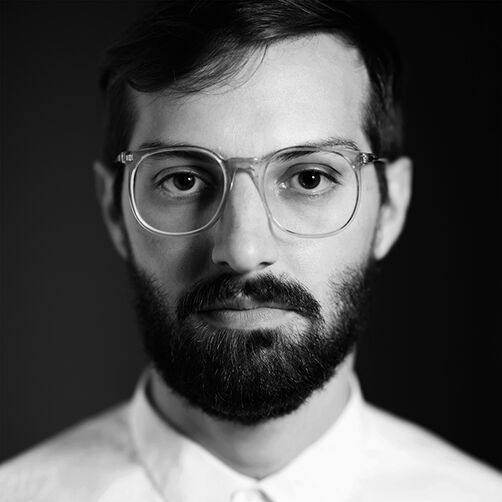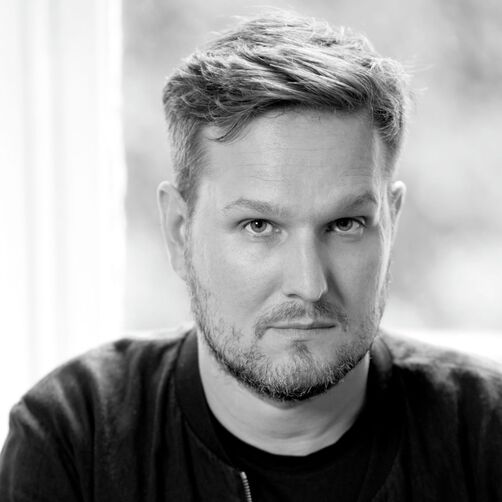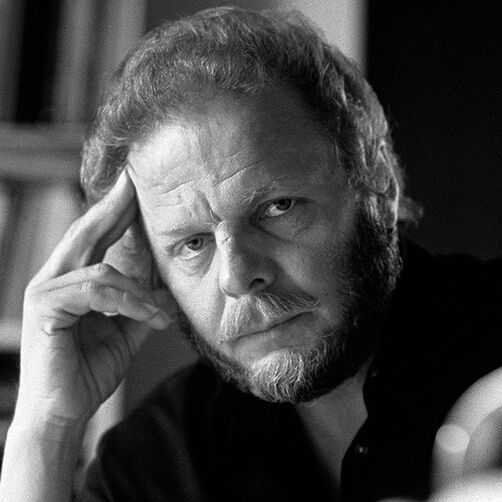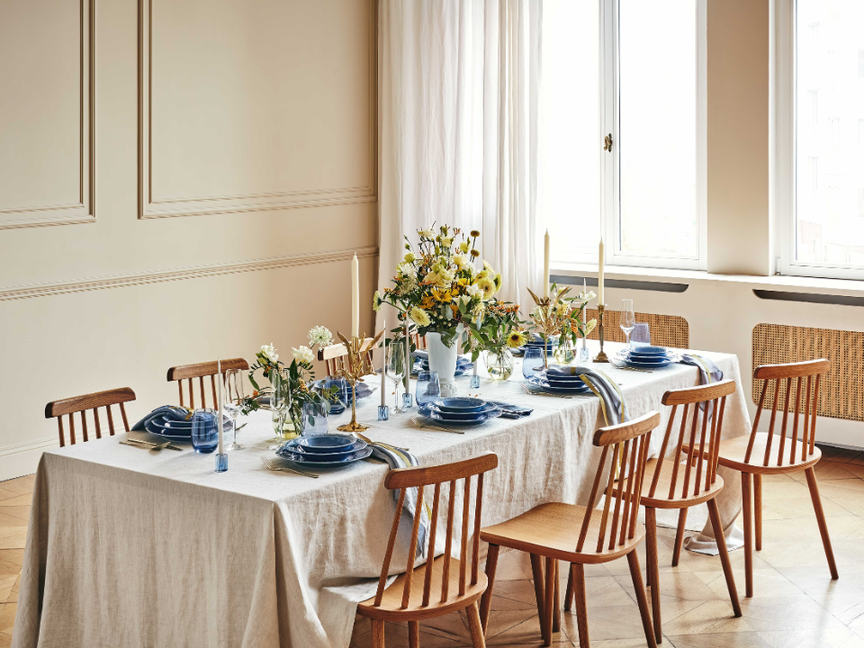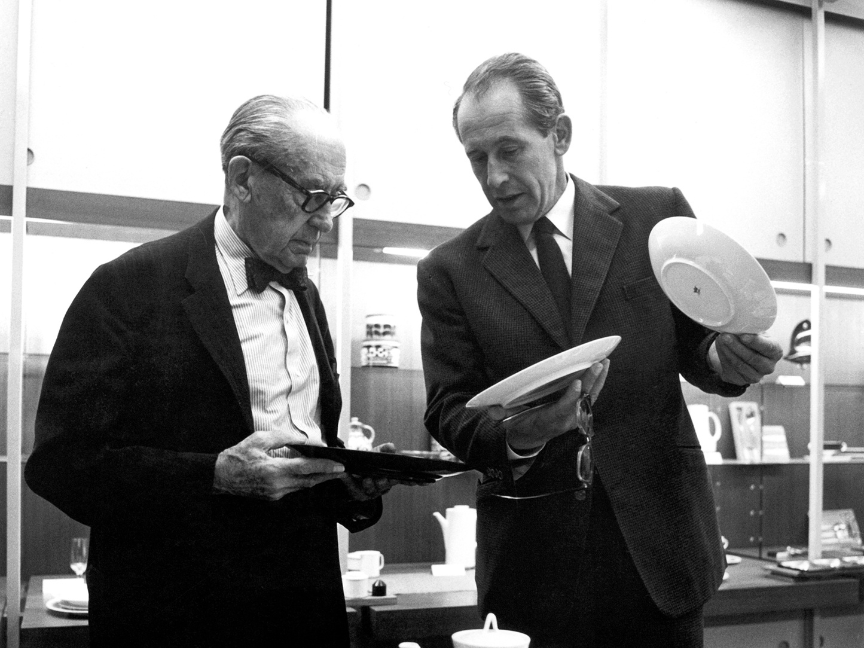Philip Rosenthal – founder of Rosenthal and design pioneer
Philip Rosenthal – few personalities embody the combination of entrepreneurial vision and creative ambition as impressively as the creative mind behind the Rosenthal brand. As a visionary and designer, he led Rosenthal into a new era: away from traditional porcelain manufacturing and towards an international brand for modern tableware and home décor. With his visionary spirit, Philip Rosenthal promoted Rosenthal's collaboration with world-renowned designers, artists and architects, leading the Rosenthal brand to become the market leader in premium porcelain design. The impact of his work continues to shape the brand to this day: every Rosenthal collection reflects the commitment to unite form and function at the highest level of design – hence creating lasting value for everyday life.
Discover the life's work of Philip Rosenthal – the visionary entrepreneur who turned Rosenthal into a world-class design brand.

